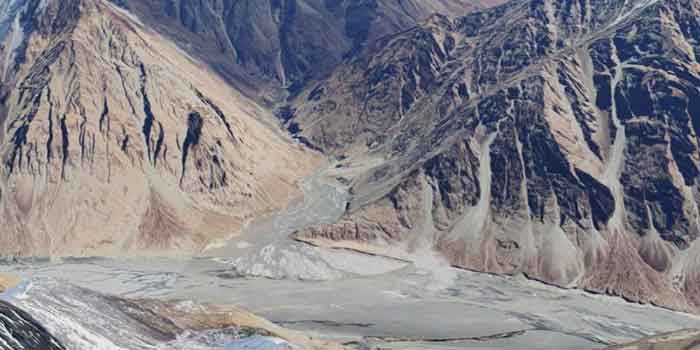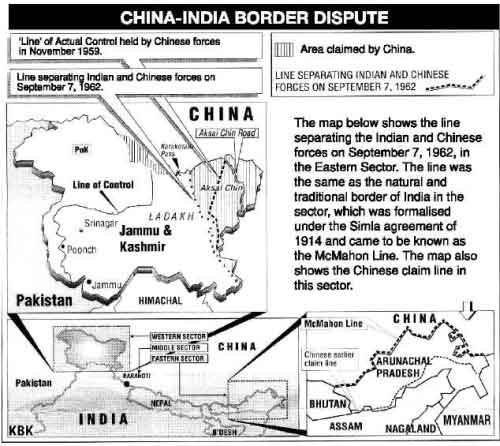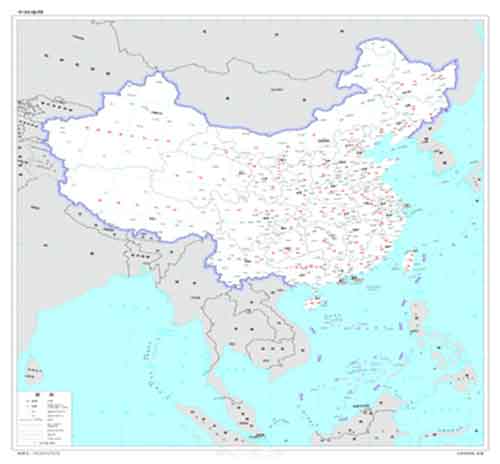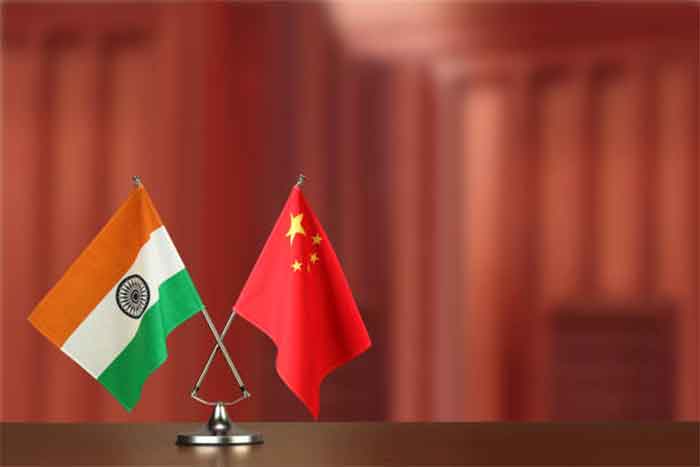
The Kashmiri word galwan is quite riveting. In common idiom, it has an unsavoury connotation laced with an overwhelming pejorative sentiment. Anyone described as a galwan would be uncouth both in visual representation and in deed, provoking an insalubrious characterisation in mind. Another meaning is to describe somebody who possesses a clamorous voice. But that is not what galwan is infamous for, and loathed. It is a Janus word that contains inferences that oppose each other in action and sentiment.
The commonly used meanings of galwan are horse thief and horse breeder. But the salient sense that it incites is that of a horse thief. The Concise Ka’shir Dictionary (2016) published by the official Jammu and Kashmir Academy of Art, Culture and Languages prefers horse breeder as its first meaning followed by horse thief. It also ascribes the term for a person who has a habit of creating unpleasant uproars on insignificant things.
Perhaps the only virtue in the meanings attributed to galwan is that traditionally they are exclusively reserved for unwholesome male behaviour or action. Muneebur Rahman, a US-based Kashmiri poet and litterateur, believes its gender specific nature is possibly because both horse breeding and stealing have been a male preserve. The last entry under the category in the Dictionary separated by a single entry after the word galwan is gilwith niyun. It means to run after snatching something. The other meaning is kidnapping or holding someone along through fraud or guileful charm.
When did galwan become a swear word is not known. But as a tribe, the Galwans have faced an image problem for centuries. Walter Lawrence who served as Settlement Commissioner for Jammu and Kashmir during the reign of Dogra ruler, Pratap Singh, defines Galwans “as an established criminal tribe” and characterises them as marauders. In his encyclopaedic book, The Valley of Kashmir, he claims they achieved infamy during the Afghan rule and when the Sikhs took over they were “a terror to the country…[who] moved about in large parties, all mounted and armed with long, heavy clubs” and raided food stores and even wedding parties.
Their terror subsided only after their legendary chief, Khaira Galwan, was captured and hanged by Colonel Mian Singh. The Sikhs led a ferocious genocidal campaign against the tribe and exterminated “nearly half the Galwans” which Lawrence seems to approve. The rest were imprisoned and later forced to relocate to Bunji in Astore, Gilgit Baltistan, as colonialists. By the time Lawrence published his book in 1895, he reported many had returned to Kashmir and resorted to their trademark vocation of pony lifting. “The term Galwan is now used to describe a man of violent and predatory habits”, he claimed.
The disputed Galwan valley that has embroiled China and India in a serious confrontation owes its name to one of the Galwans who in their exile had spread into nearby areas. Ghulam Rassul Galwan, born in 1878 in Leh, started his life as a porter with several western travellers who led expeditions into East Turkistan (now Xingjian), Ladakh and Central Asia. It is during one of his travels on his way back home that Galwan discovered the valley that now bears his name including the river that flows nearby. The recent fatal clashes that claimed nearly two dozen Indian soldiers as the Chinese soldiers allegedly attacked them with nail-studded clubs rekindled the prowling spirit of the Galwans armed with long and heavy clubs as recorded by Lawrence.
Unlike the reputation of his tribe in common lore, Rassul Galwan emerges as a worthy person. British explorer Tom Longstaff eulogies him as an “absolutely honest [person who] never took bribes nor offered them”. Francis Younghusband, a British Army officer who led expeditions including to Tibet describes his behaviour as gentlemanly despite his poor and village background. Galwan became a trusted assistant to his bosses through his intelligence, hard work and honesty. The Barrets, an American couple, encouraged him to read and write English. In over a decade he achieved a level of proficiency that culminated in him publishing his autobiography,Servant to Sahibs, in 1923. The book was so well received that it published a reprint in less than a year.
Coming back to the word galwan, it has given us an oft-used idiom, galwanus gurr karun hawala, which means entrusting horse to a horse thief. It conjures up a situation of utter helplessness when one cannot save or salvage a thing or a situation. As a last resort, it is delegated in the trust of the very tormentor that caused it in the first place in some feeble hope of its return. Rahman suggests “it shows the desperation, helplessness, and running out of options”.
This is perhaps what India has been inspired to do as the Chinese proclaim their control over the whole Galwan valley. By declaring a ‘mutual withdrawal’ as part of a joint de-escalation exercise India is retreating from its own area for it finds no other way to engage with China. Shivam Vij, a New Delhi based commentator, coined a new word, Galvaning, defining it as “the art of exiting without entering”. This cleverly describes the policy paralysis facing India on the withdrawal and flies in the face of Prime Minister Modi for his earlier assertion that no one had entered the Indian controlled territory.
As the massive Chinese land grab becomes evident thanks to the widely available satellite images, Bollywood is offering a rescue plan. It has a long history of developing profitable enterprise on patriotism by producing gravity-defying action sequences where barely armed heroes fight columns of heavily equipped enemies and yet accomplish dazzling victories. As the country was mourning the fallen soldiers, actor and filmmaker, Ajay Devgan, announced his next film will narrate the story of Indian army men who fought the Chinese. There is little merit in hazarding a guess about the storyline. To complement the sentiment, I have already come up with a name – Galwan kay Balwan (The heroes of Galwan)!
Murtaza Shibli is a journalist. Twitter @murtaza_shibli
SIGN UP FOR COUNTERCURRENTS DAILY NEWSLETTER
















































